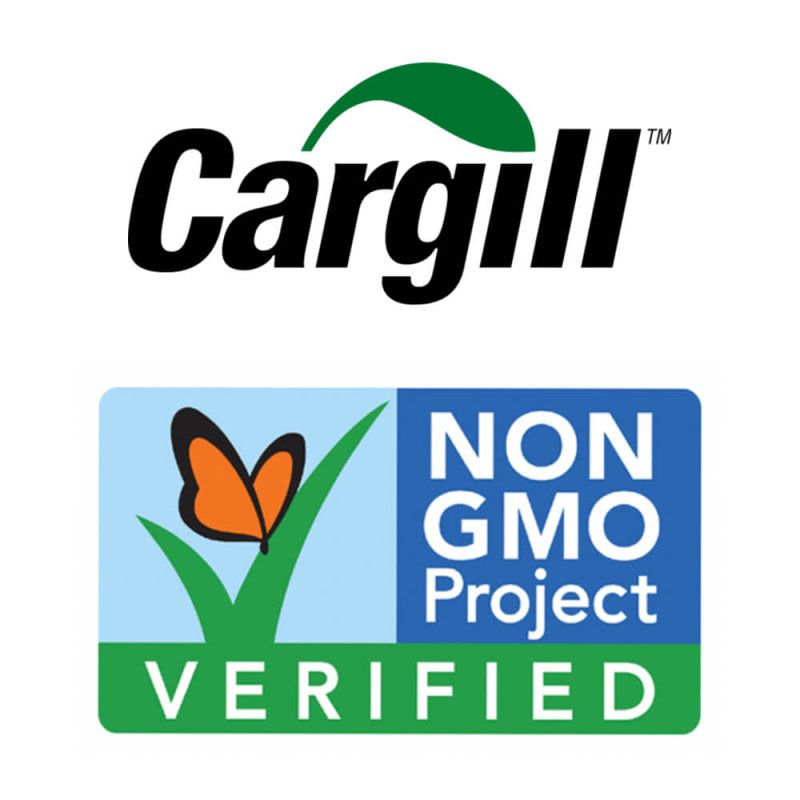As soon as Cargill announced that an outside group had certified more than a dozen of its ingredients as non-GMO, the agribusiness giant was publicly scourged by some of its closest allies.
The moment should have been a good one for the world’s largest agriculture business. But a backlash came fast and furious online, pitting familiar factions against one another: those for and those against genetically modified foods.
The situation highlights the tricky balance large food companies are trying to strike among competing interests. For a sprawling company like Cargill, it shows the challenge of appeasing its customers without alienating its suppliers.
Critics were particularly vexed by Cargill’s choice of third-party certifier: the Non-GMO Project, which opposes genetic modification in food production. Since Minnetonka-based Cargill is one of the world’s largest producers of genetically modified foods, many of its suppliers, as well as some in the science community, felt betrayed.
“The Non-GMO Project regularly uses attacks on family farmers to promote its verification process. It is disappointing that Cargill thought it was acceptable to work with Non-GMO Project and support that messaging,” wrote Amanda Zaluckyj, an attorney and self-described “ag-vocate” whose family farms in Michigan, in an e-mail.
The GLP aggregated and excerpted this blog/article to reflect the diversity of news, opinion, and analysis. Read full, original post: How a moment that looked like PR win for Cargill turned into a kerfuffle
For more background on the Genetic Literacy Project, read GLP on Wikipedia































